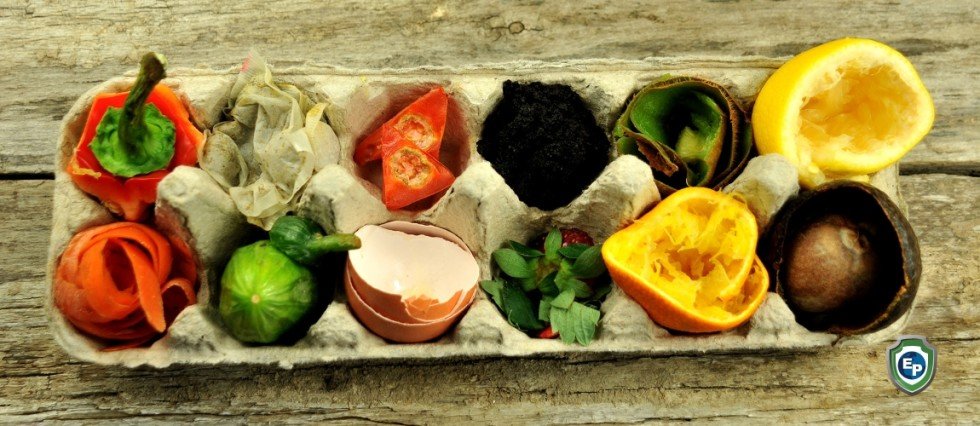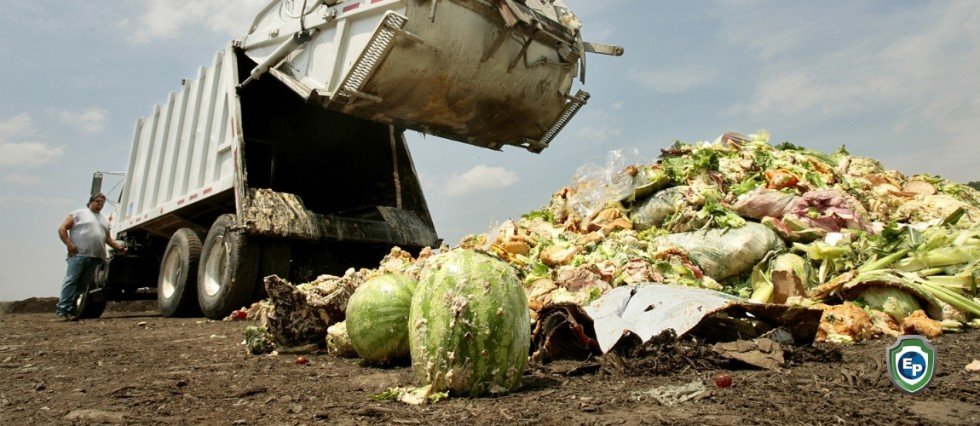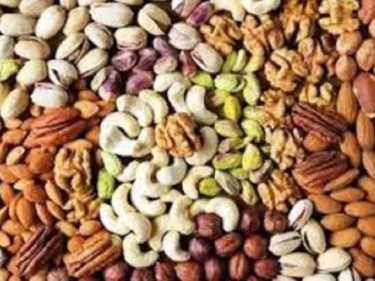France wants to reduce food waste by 50% by 2025
Food waste reduction is a critical strategy for addressing the world's food crisis, prompting France to make it a top priority. Come read our blog to see how the country plans to cut food waste in half over the next few years.

Around one-third of all food that is produced goes to waste. As the population continues to grow and diets change, more food is needed than ever before to feed the world. However, climate change is ravishing once lush agricultural land, and population growth itself has led to competition over the depleting level of available land. Each year the global population swells, and each year, farms are increasingly facing the impact of climate change and struggling to find space to produce the volume of crops needed. Reducing food waste is a vital strategy to addressing the world’s looming food crisis. France is one of the many countries that are prioritizing tackling food waste. By 2025, the country wants to slash its food waste by half.
Cutting Food Waste to Lower Emissions and Boost Food Security
In 2013, the French National Food Program launched the pact against food waste, signed by 60 partners who committed to supporting the country’s progression to significantly reducing its food waste to help advance France towards carbon-neutral goals and improve food security for the future.
Since the pact was launched, the Covid-19 pandemic and climate change have increased the urgency by which food waste must be tackled. The global pandemic disrupted the transportation of food and dramatically cut the availability of seasonal workers, so much so that many farms around Europe were forced to plough their healthy crops back into the ground for lack of a means of reaping and transporting their goods. In addition, the increasing prevalence of extreme weather events, increasing temperatures, and disturbed weather cycles have further impacted the security of food production, reducing the reliability, quality, and volume of crops produced.
Farmers, grocers, supermarkets, and food exporters are under an increasing amount of pressure due to this increasing food uncertainty. Citizens of the world, particularly those with lower incomes, are increasingly facing the effects of food insecurity, with more people than ever seeking the help of food banks in developed countries such as the UK.

How France Is Tackling Food Waste
France is not immune to the growing strain of food insecurity. Currently, food losses in France account for 10 million tonnes of food. The country recognizes this as an unnecessary and avoidable waste of limited natural resources. To tackle its food waste, it is implementing a number of strategies. First, the Paris city council has distributed thousands of “take-home” boxes to restaurants to encourage Parisians to take home their left-overs so that they can be eaten later in place of another meal or snack.
School canteens are another key focus for the pact. Currently, around a third of meals prepared in school canteens go to waste. Administrations are exploring how to reduce this, by changing the way the food is prepared so that it is more appetizing and portions can be more easily customized to suit the needs of the child.
The Impact on Businesses
Altogether, the initiatives will target private households, restaurants, and canteens as part of a multi-pronged approach to address food waste at all its sources. Therefore, it is likely that many businesses will be impacted, if they have workplace canteens or other on-site food services. They may be responsible for helping to reduce food waste generated by these services.
Meanwhile, other countries will likely take similar steps towards reducing food waste, particularly as part of their carbon-neutral initiatives.
Visit Export Portal
For more articles like this one, make sure to check out our blog page on Export Portal!


















Comments 2